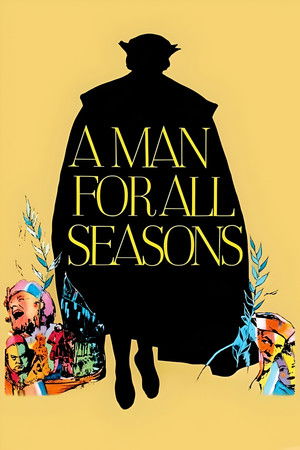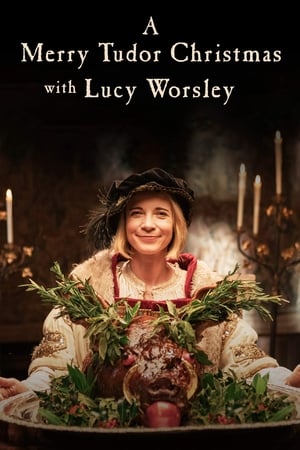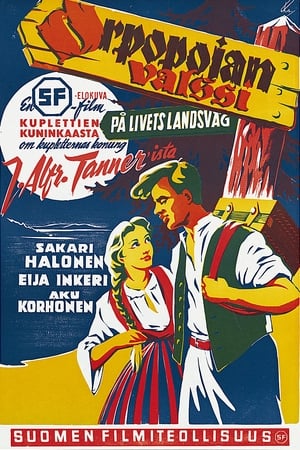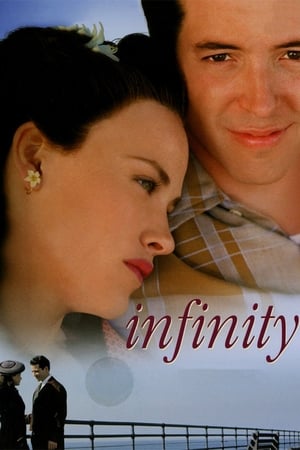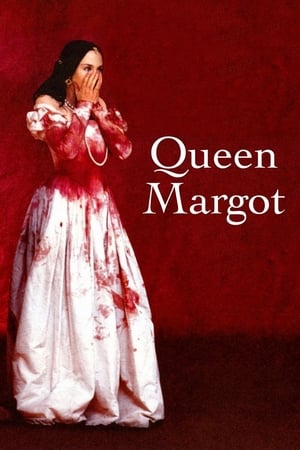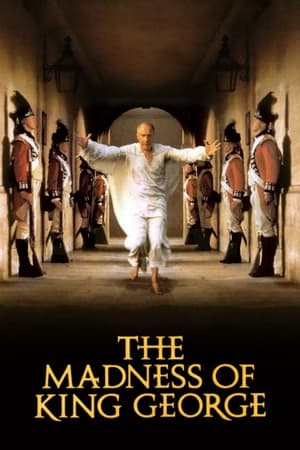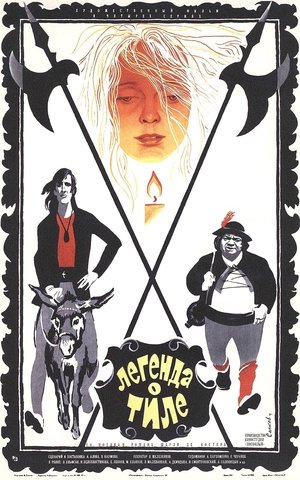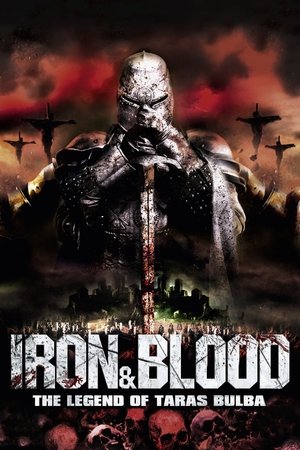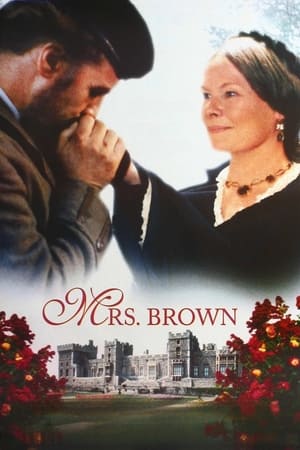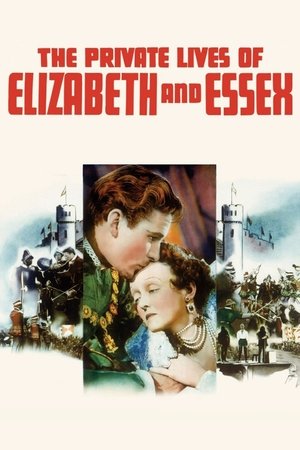Overview
The death of King Henry VIII throws his kingdom into chaos because of succession disputes. His weak son, Edward, is on his deathbed. Anxious to keep England true to the Reformation, a scheming minister John Dudley marries off his son, Guildford to Lady Jane Grey, whom he places on the throne after Edward dies. At first hostile to each other, Guildford and Jane fall in love, but they cannot withstand the course of power which will lead to their ultimate downfall.
Reviews
With Henry VIII recently dead and his young son Edward VI (Warren Saire) on the throne, the noble families of England are rapidly positioning themselves to provide him with a wife, or even better, an heir. It's the scheming Northumberland (John Wood) who conceives a plan with the equally ambitious Suffolk (Patrick Stewart) and his wife (Sara Kestelman) to marry his own son Guilford (Cary Elwes) to their daughter Jane (Helena Bonham Carter) so that her tenuous claim to the throne could be better upheld when the sickly young king died. Aware that the public would have little stomach for such an arrangement, and that the Princess Mary (Jane Lapotaire) would not give up her rights to succeed easily, this is a perilous course for these two families to take. Luckily, though, the young Jane is no match for their machinations and soon both she and her new husband are but pawns in a grander game. What the parents don't quite anticipate is that the couple actually start to fall in love, and begin to think that with her on the throne then maybe good can come of this usurpation. Can she survive for long enough once Edward is dead? It's an history, so we know what happened to whom and when, but as a well crafted drama it looks good and HBC and Elwes manage a degree of chemistry that works quite engagingly as the writing becomes increasingly on the wall for the pair. Wood and Kestelman also deliver quite effectively here as the schemers-in-chief, and as the plot thickens we do get a sense of just how powerless these young people were in the face of ambitious men who cared little for the wishes of their children or their country. It is too long, and could lose twenty minutes - especially at the start - without compromising this chronology of a woman little known to posterity but whom, if writer Chris Bryant is to be believed, might have made for a decent Queen of England.

 142 min
142 min
 6.9
6.9
 1986
1986
 United Kingdom
United Kingdom
 CinemaSerf wrote:
CinemaSerf wrote:


